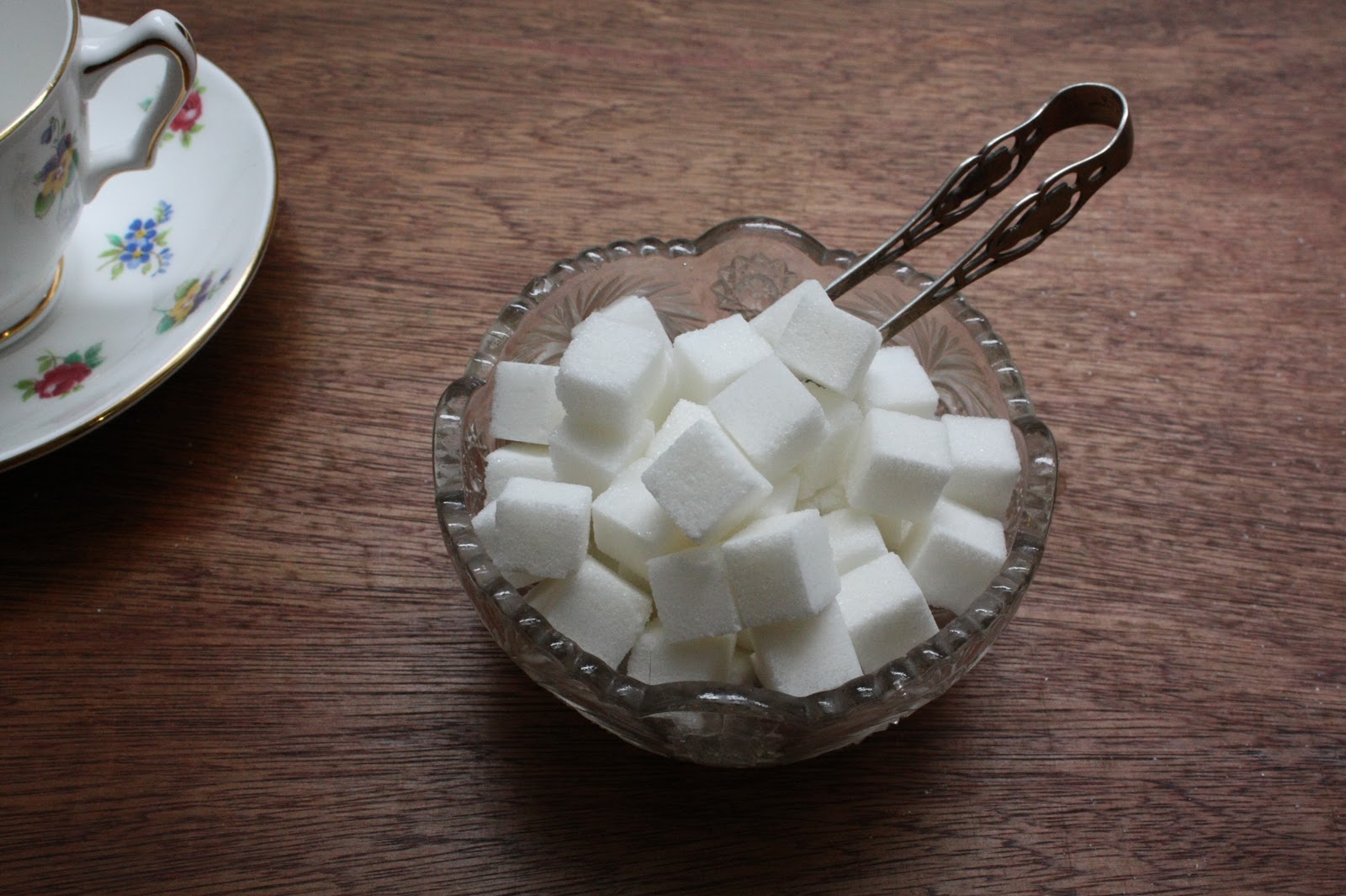Sugar is addictive and slowly killing us all, according to Dr. Robert Lustig, whose free 90-minute video on the subject can be viewed here. This isn’t a new theory by any means, but it’s one that we need to be reminded about – because we’re all still hooked on the stuff.
Lustig believes – based on ongoing research from others in his field – that our global increase in ingestion of fructose, sucrose, HFCS and other substances has directly contributed to our decline in health over the past few decades – specifically our slide into an obesity epidemic and potentially the increase in metabolic syndrome.
Sugar, he says, is an addictive toxin, and is damaging public health to the point that we now need government intervention, as we have in the past for alcohol and tobacco.
So how can such a tasty, innocuous substance have had such a dramatic impact on our waistlines? Because it’s addictive, stimulating as it does the release of feel-good hormone dopamine – and the food industry knows it.

Food manufacturers pump it into everything from ‘low fat’ yoghurt to ready meals and breakfast cereal. They do this to make it taste nicer, knowing that superficially we’ll be more tempted by a sugared cornflake than a rolled oat. Worse, such foods tend to have all the fibre stripped out, and fibre can help to slow digestion, regulate appetite, and reduce fat storage.
Lustig believes that refined sugar has very damaging impacts on the body. Studies illustrate that large intakes of refined sugar cause huge spikes in insulin which promote fat storage. Over a period of time, this can lead to insulin resistance and, Lustig believes, leptin resistance (leptin is the hormone that sends signals to decrease your appetite), meaning your body becomes more and more inclined to store fat, whilst you remain hungry. It’s a catch 22, and the reason why so many diets fail, and obesity is soaring.

We love sugar, and us defectors really have to retrain ourselves to like the comparatively bland (but actually delicious) food that makes up a truly healthy diet.
After reading Dr Lustig’s terrifying book, Fat Chance: The Bitter Truth About Sugar, I decided to give up one of my long-term vices – chocolate – for a month. Various friends were depriving themselves of smoking and boozing for Stoptober anyway so I hoped that the support from my fellow miserable puritans might make the transition easier. It didn’t.
Everything I love (cake, wine, ready meals, soup, even bread) seems to contain added sugar – I had to cut out all booze and make everything from scratch to effectively ‘rid’ myself of the toxin. I can chuck a packet in the microwave like the best of my peers but I was not prepared to make my own sugar-free bread.
And, whilst mentally prepared, I was not expecting the physical withdrawals. By day two I had a constant splitting headache, felt completely knackered and couldn’t concentrate on anything.

Why should you give up refined sugar?
You shouldn’t, if you don’t want to. But if you’re concerned about the impact that sugar has on our national heath – not just on our collective obesity, but also on our rising rates of metabolic syndrome and heart disease (both of which initial research has linked to sugar intake), then it might be time to try to kick the habit, one sugary vice at a time.
The two main challenges you’ll face
1. The lack of convenience food without added sugar. If you’re a ready meal queen or take-away king, prepare to hurt. Even breakfast is painful – try walking down the cereal aisle at a supermarket and pretty much everything you see contains added sugar. Around 80% of supermarket food will be off-limits.
2. The physical and psychological withdrawals; you might scoff, but people with a high sugar intake genuinely experience withdrawals when they reduce the sugar in their diets. Cold turkey is very hard, but completely cutting out one thing at a time could get the ball rolling.







